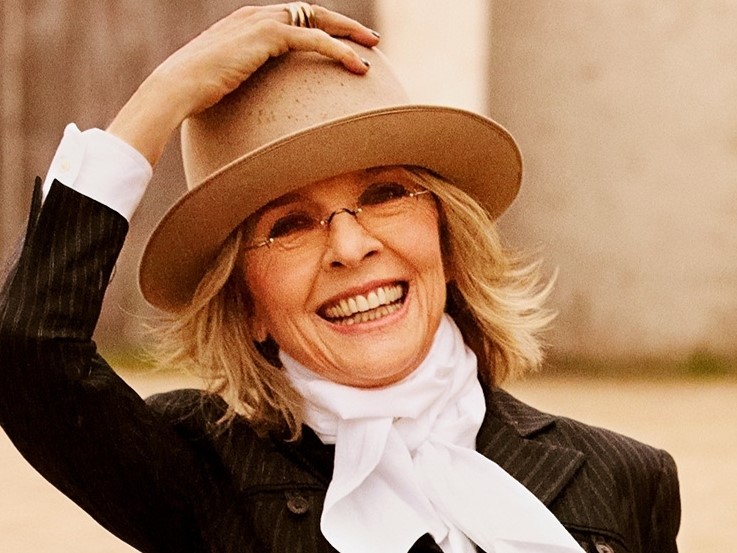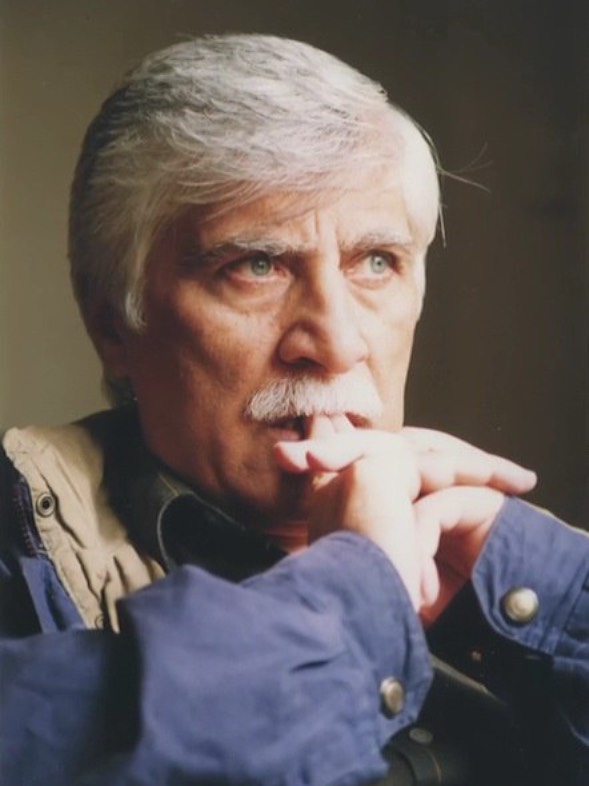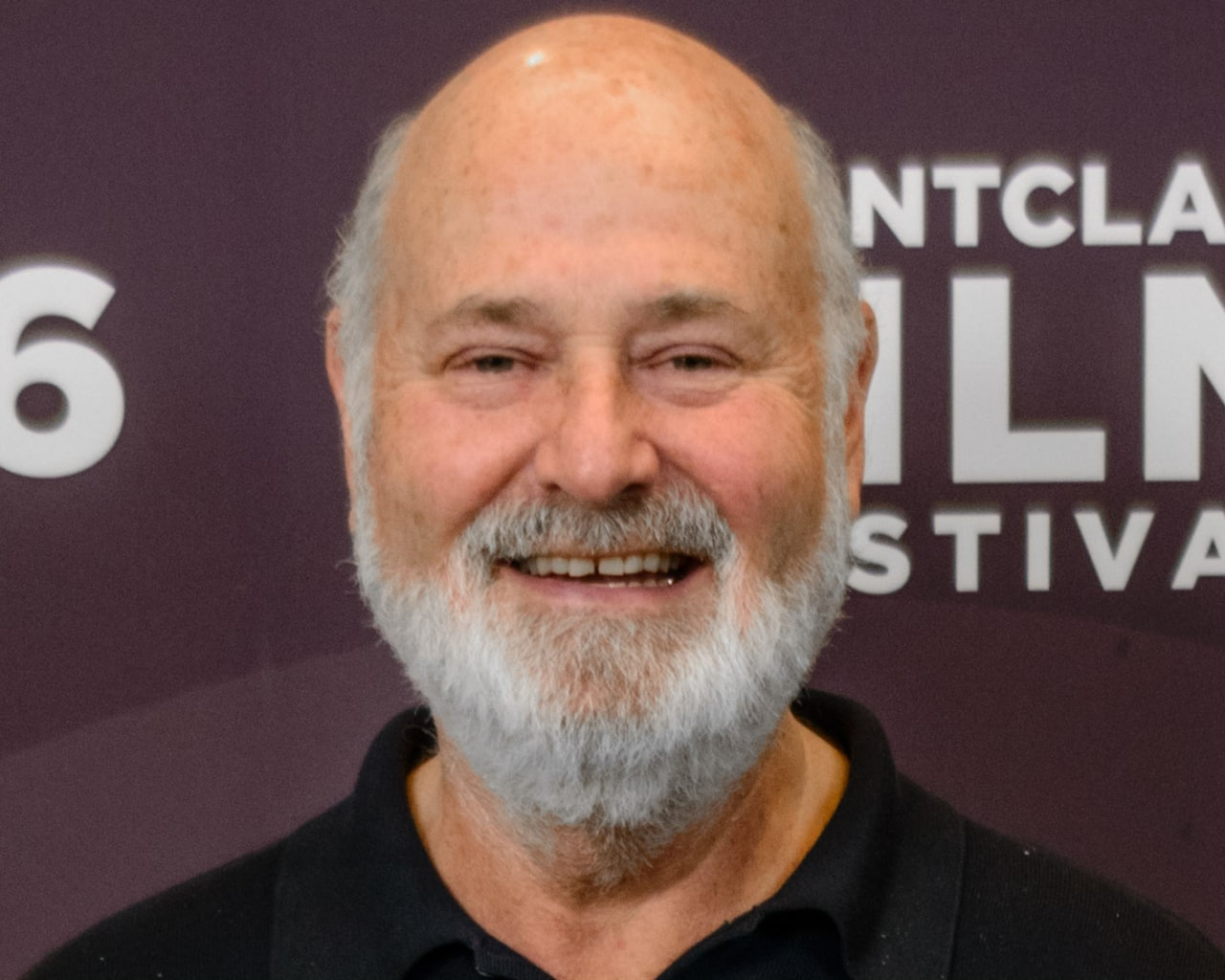Diane Keaton, the acclaimed actor whose wit, originality, and unmistakable style reshaped the image of women in American film, has died at the age of 79 in California. Her family confirmed the news late Saturday, requesting privacy and offering no further details about the cause of death.
Born Diane Hall in Los Angeles in 1946, Keaton rose to prominence in the early 1970s with her portrayal of Kay Adams in Francis Ford Coppola’s The Godfather trilogy. Her breakthrough came in 1977 with Annie Hall, directed by Woody Allen, which earned her the Academy Award for Best Actress and established her as one of Hollywood’s defining talents.
In Annie Hall, Keaton’s androgynous wardrobe—wide trousers, vests, and oversized hats—became an enduring cultural symbol of individuality and self-assurance. She went on to star in a string of celebrated films, including Reds, Marvin’s Room, Father of the Bride, Something’s Gotta Give, and The First Wives Club, building a legacy that balanced humor, vulnerability, and emotional depth.
The Academy of Motion Picture Arts and Sciences wrote in a statement: “Many actors perform emotion; Diane Keaton lived inside it.”
Throughout her five-decade career, Keaton earned four Oscar nominations and received the American Film Institute’s Lifetime Achievement Award in 2017. Critics often described her as both unorthodox and timeless—a performer who refused to conform to Hollywood’s expectations.
Her colleagues shared tributes across social media. Bette Midler, her co-star in The First Wives Club, called her “funny, utterly original, and without pretense.” Ben Stiller wrote on X: “One of the greats. A true icon of style, intelligence, and comedy.”
Keaton, who never married, often spoke candidly about her decision to remain independent, citing her admiration for her mother’s sacrifices. In her characteristic humor, she once said, “No one ever asked me to marry them—so maybe that’s the answer right there.”
She adopted two children, Dexter and Duke, in her fifties, and often described motherhood as “the most astonishing experience” of her life.
From the restless energy of Annie Hall to the quiet strength of Marvin’s Room, Keaton brought warmth, irony, and grace to the screen. As she once remarked, “With age, life becomes easier. You have less to lose—and more to see.”
Diane Keaton’s laughter, intellect, and fearless authenticity will continue to shine across the history of cinema.






